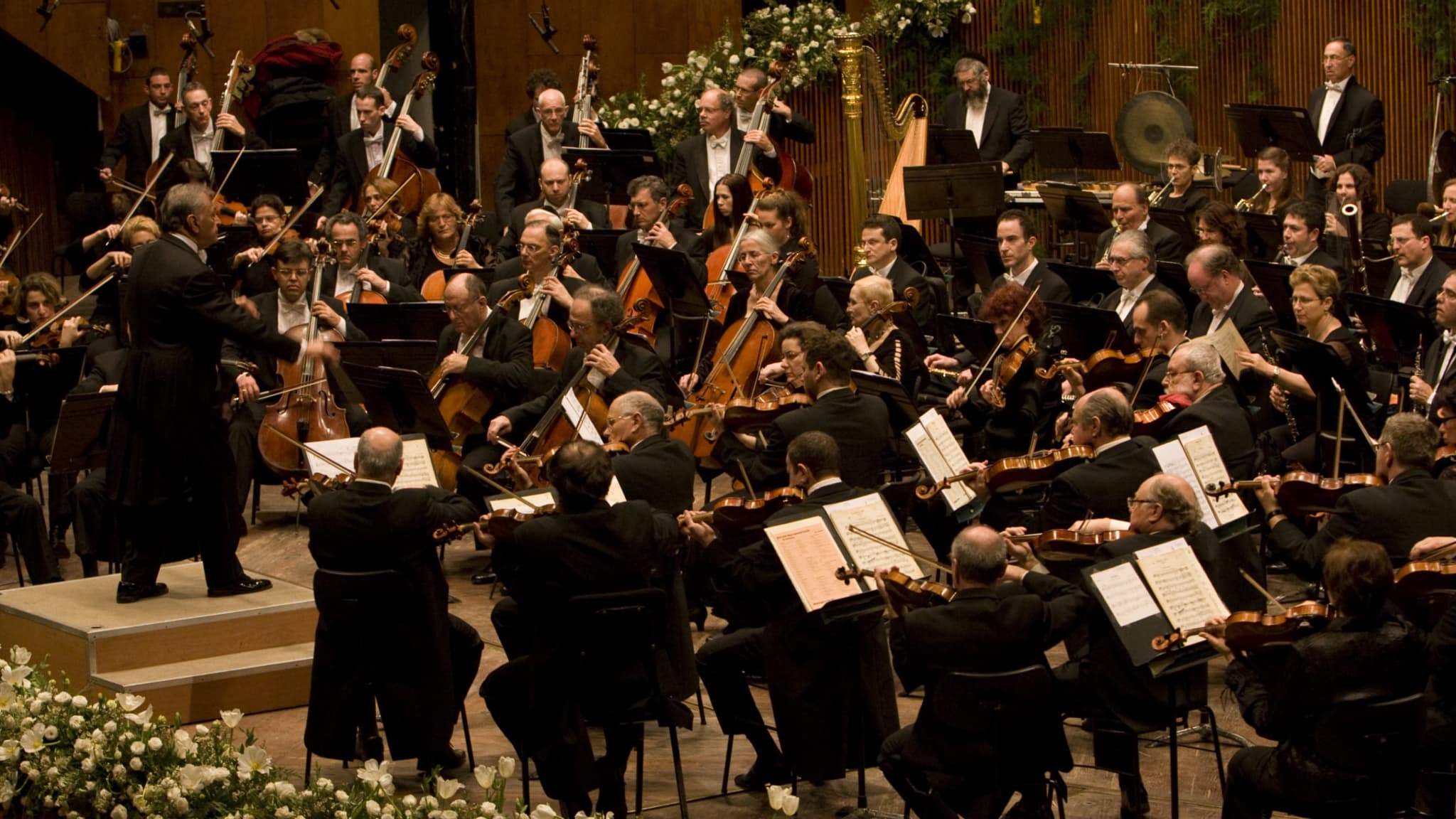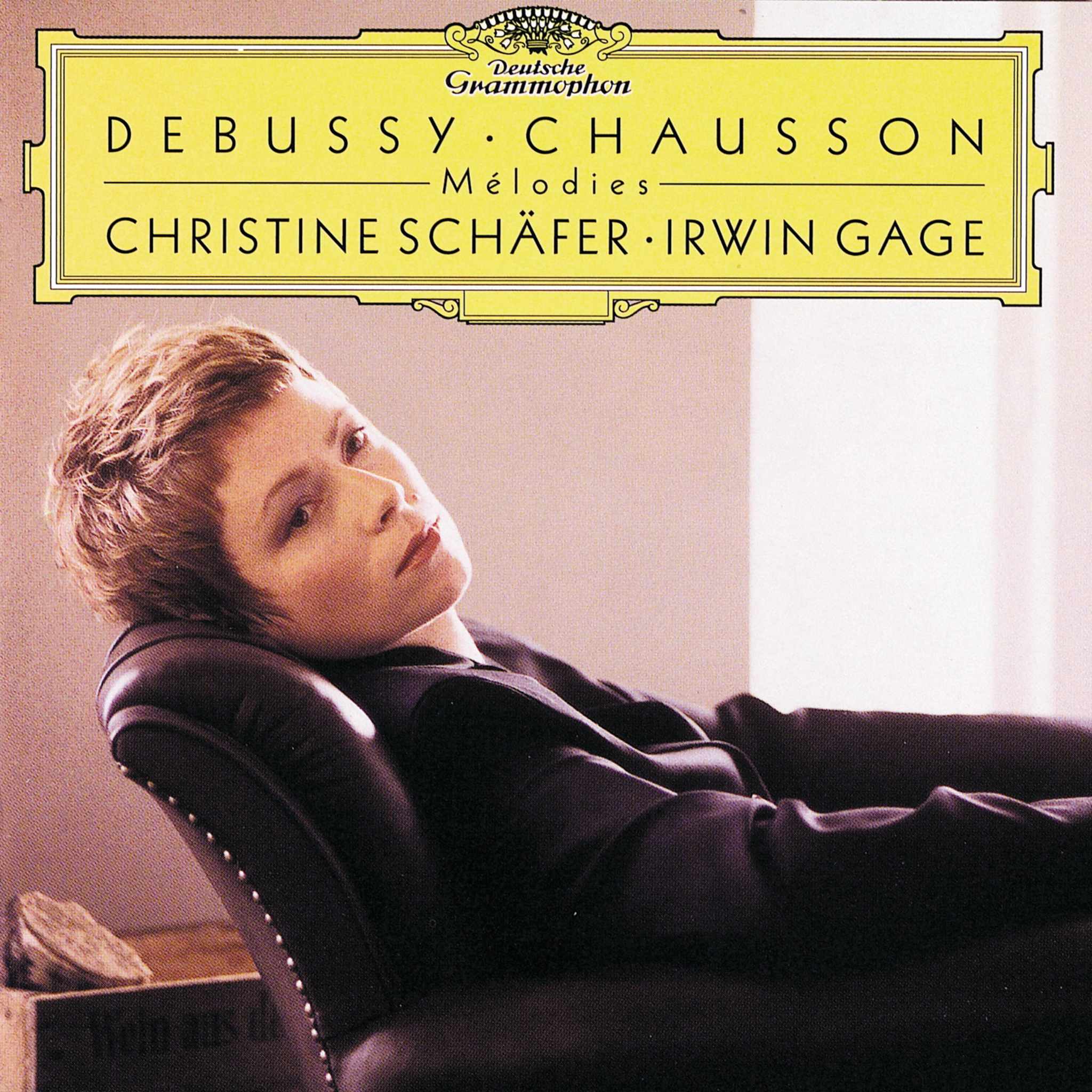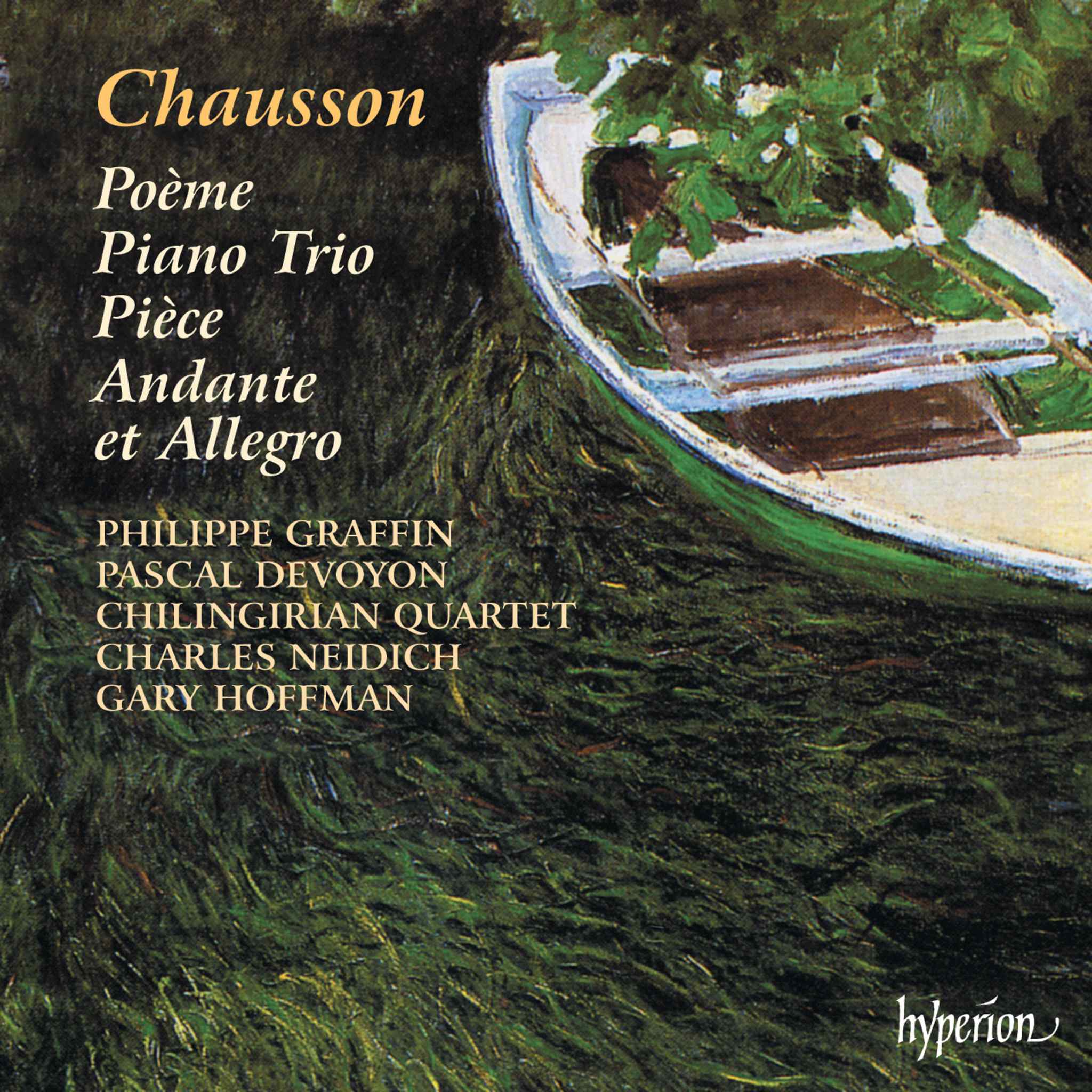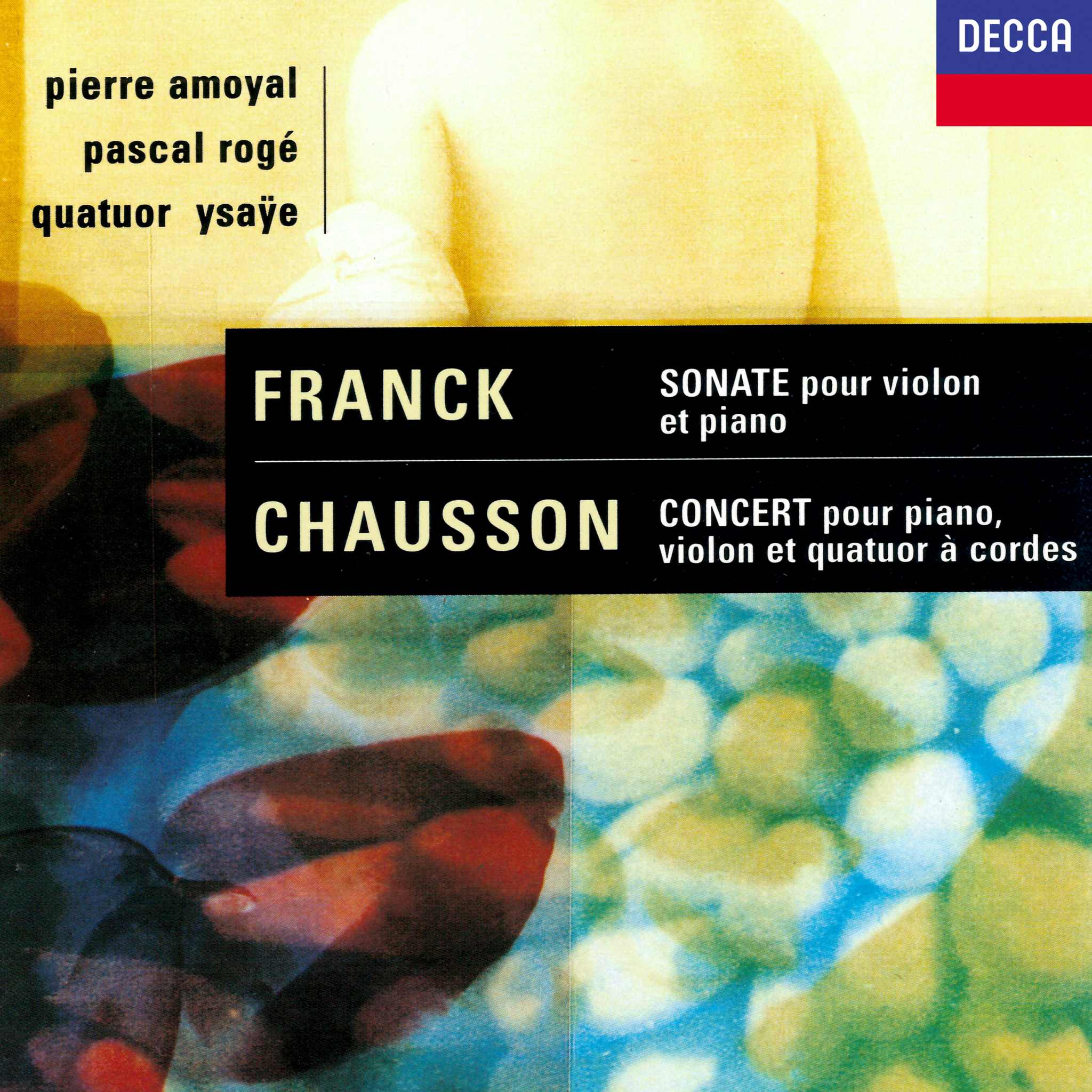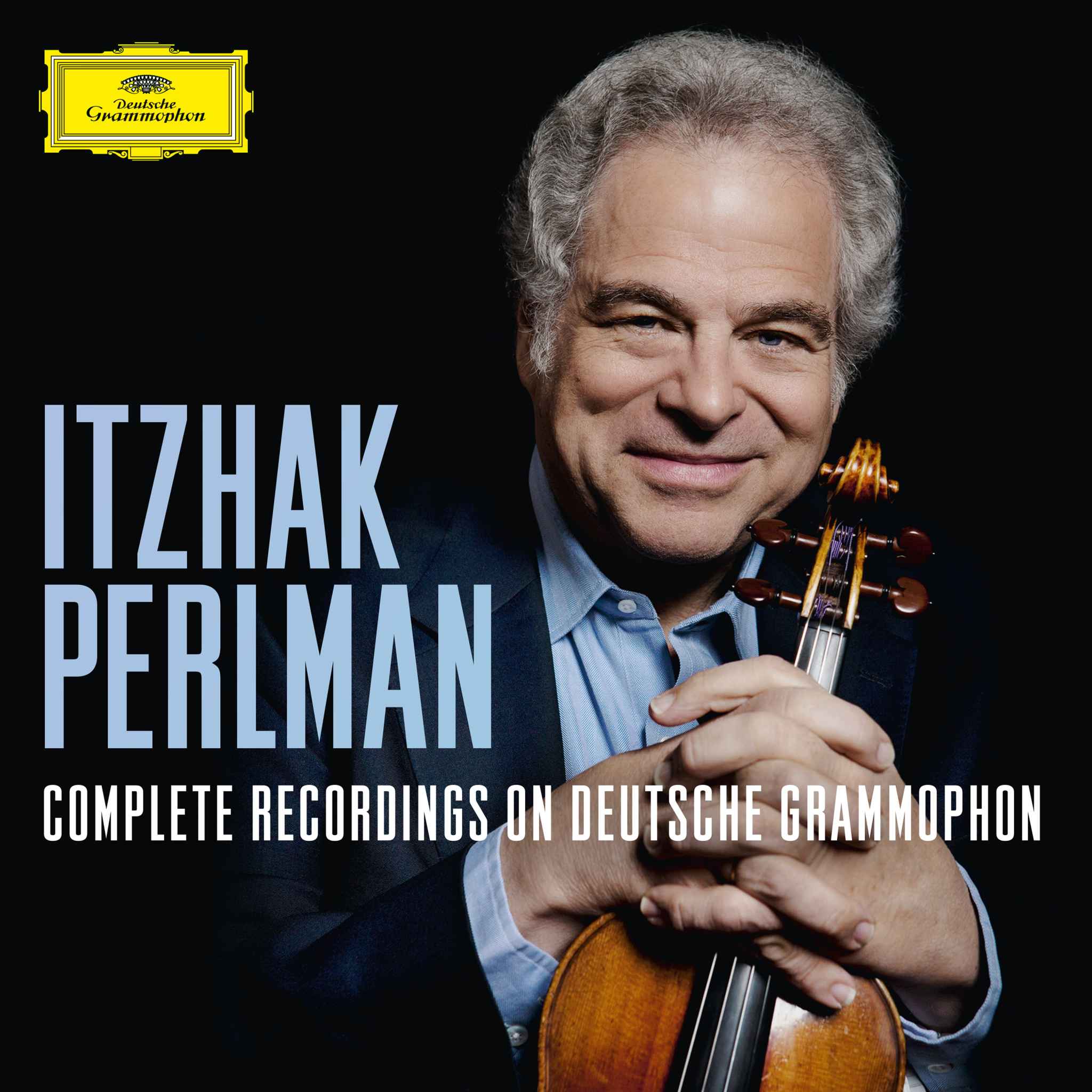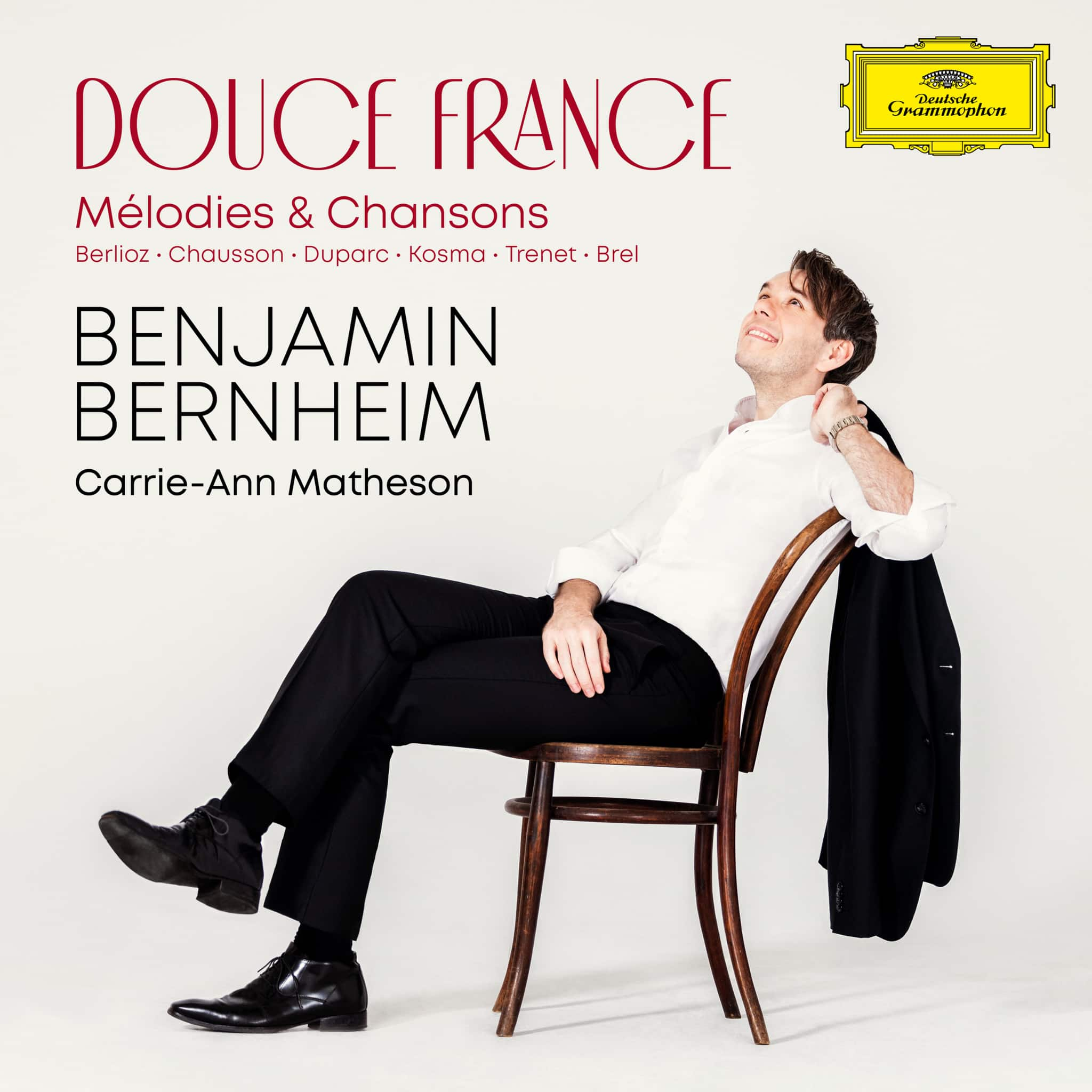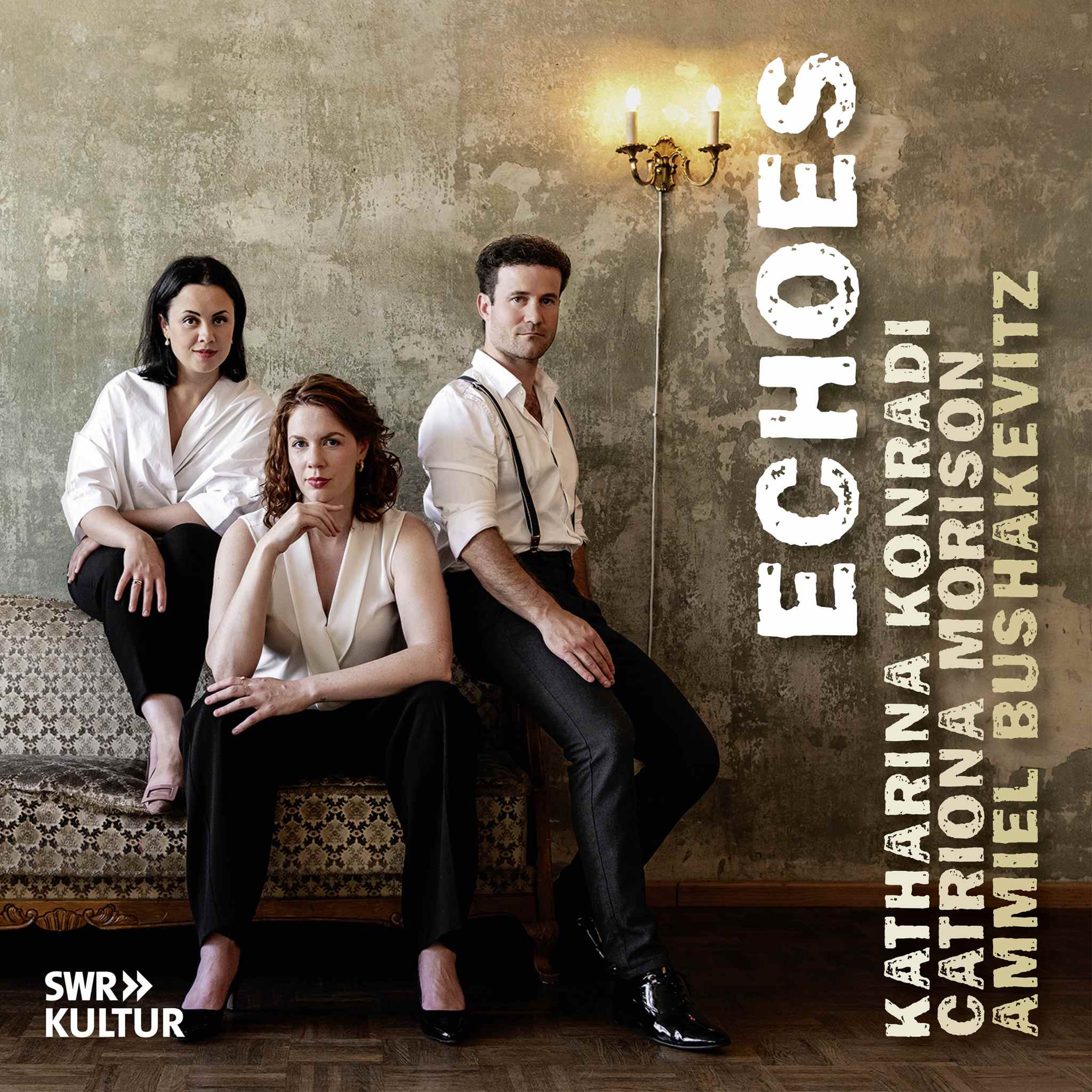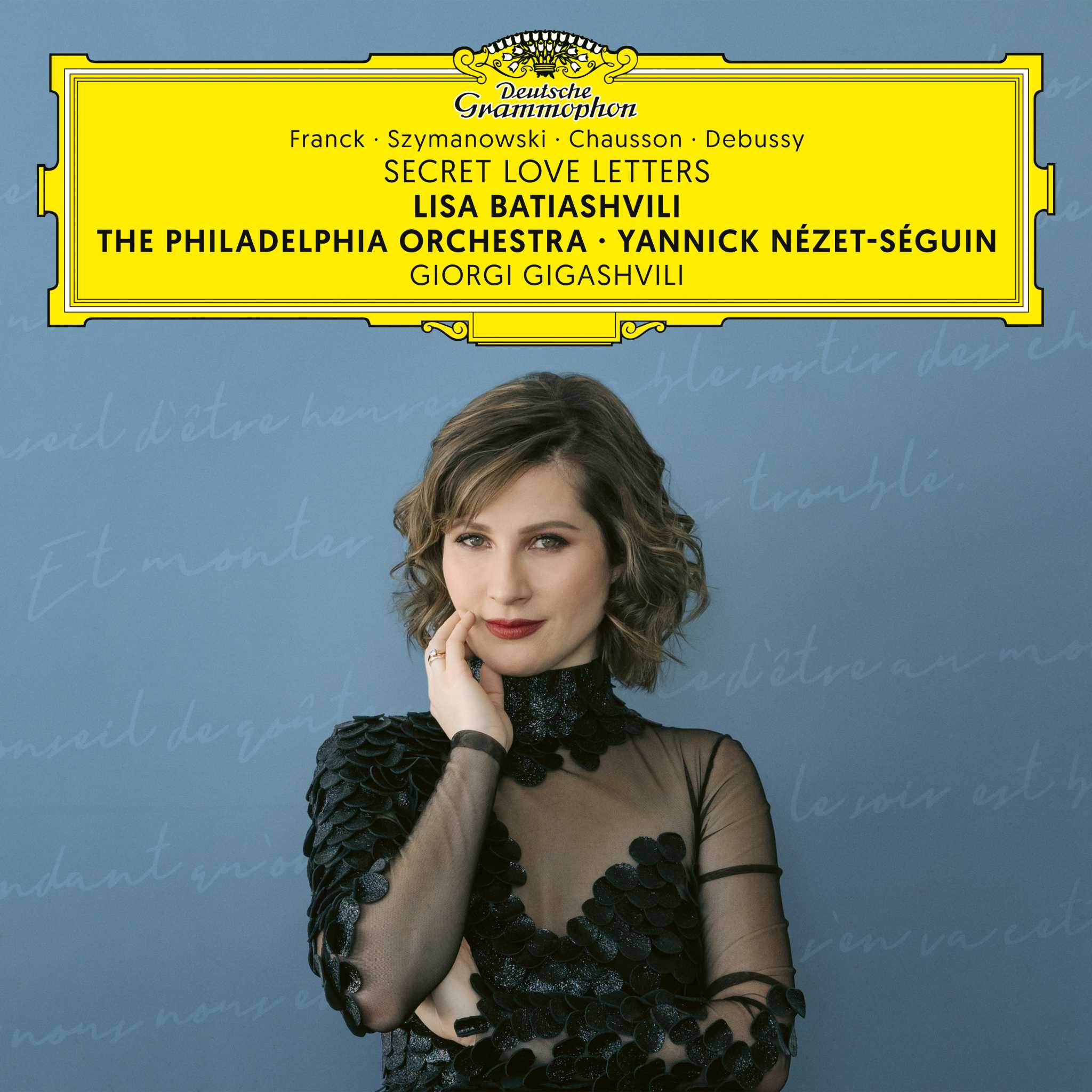Concerts and Operas
Albums
Appears On
AboutErnest Chausson

The French composer Ernest Chausson was one of the most original and poetic artists to emerge from belle-époque Paris: a socialite whose amateur status belied a superb musical craftsmanship, and who created a series of romantic, profoundly imaginative masterpieces over the course of a tragically short life. The son of a millionaire Second Empire property developer, he enjoyed a comfortable upbringing and an excellent education up until the point in 1879 when, at the age of 24, he abandoned a promising legal career to study composition with Jules Massenet and César Franck. His salon hosted the most brilliant artists in Paris: the composers Franck, Debussy, Dukas, Fauré and Chabrier; the writers Mallarmé and Gide and the painters Manet, Renoir and Degas.
Intensely self-critical, he was horrified at the thought of being perceived as a dilettante. Debussy recognised his talent – "I would simply like to give you courage to believe in yourself," he told him – and from the late 1880s, Chausson found his stride: his Poème de l'amour et de la mer (1890), his Symphony (1890), his Concert for piano, violin, and string quartet (1891) and his Poème (1896) marked the emergence of a voice that would be silenced only by Chausson's sudden death in a bicycle accident in June 1899, aged 44.

